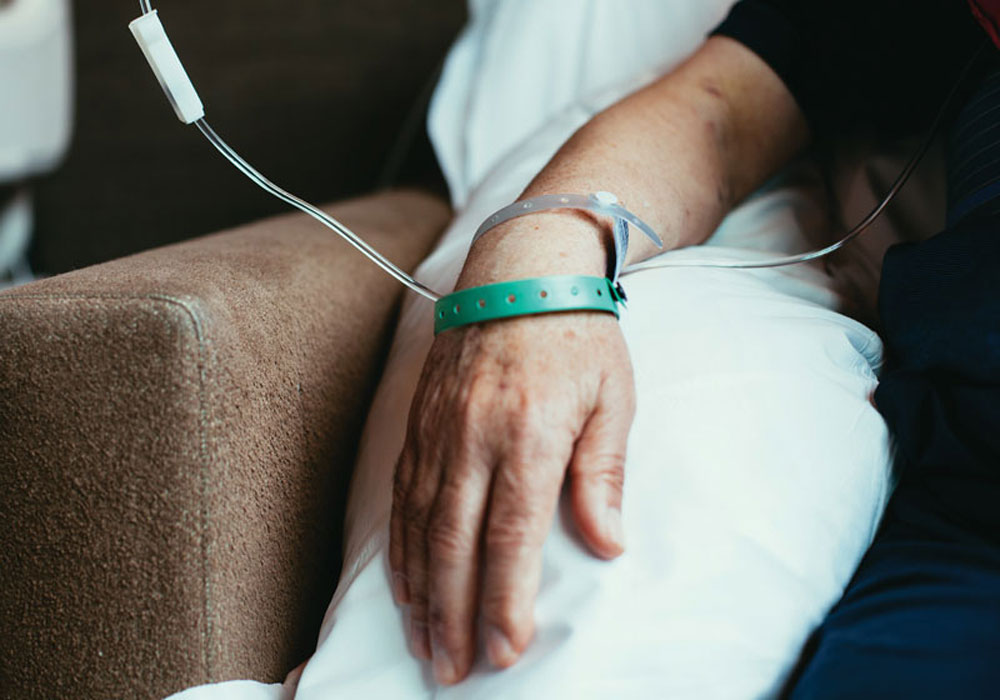Overall survival among patients with non–muscle-invasive bladder cancer (NMIBC) who are treated with adjuvant gemcitabine and docetaxel is comparable to overall survival for treatment with bacillus Calmette-Guérin (BCG), researchers reported in the Journal of Urology. The evidence could support a treatment alternative for high-risk patients during the BCG shortage.
The researchers conducted a retrospective review of 107 patients with BCG-naïve high-risk NMIBC who were treated with weekly intravesical gemcitabine and docetaxel after complete tumor resection. The patients received monthly maintenance treatment for two years if they were disease free at the first follow-up.
Recurrence-free survival was 89%, 85% and 82% at 6, 12, and 24 months, respectively, and overall survival was 84% at 24 months. Patients reported 92 adverse events, one of which was grade 3 or higher. Four patients were unable to receive a full induction course.
Intravesical BCG has been on the U.S. Food and Drug Administration’s biologics shortage list since January 2019. Only one company manufactures BCG and increased global demand has limited its availability. The current study’s findings showed that the chemotherapy combination resulted in survival that was “similar to, or even somewhat better, than what is typically seen in patients treated with BCG,” the researchers said. “We’re very excited to have this treatment option for patients who would otherwise be left without an effective alternative,” but they said that more studies are needed, particularly in a population-reflective sample that includes people from different racial and ethnic backgrounds.






